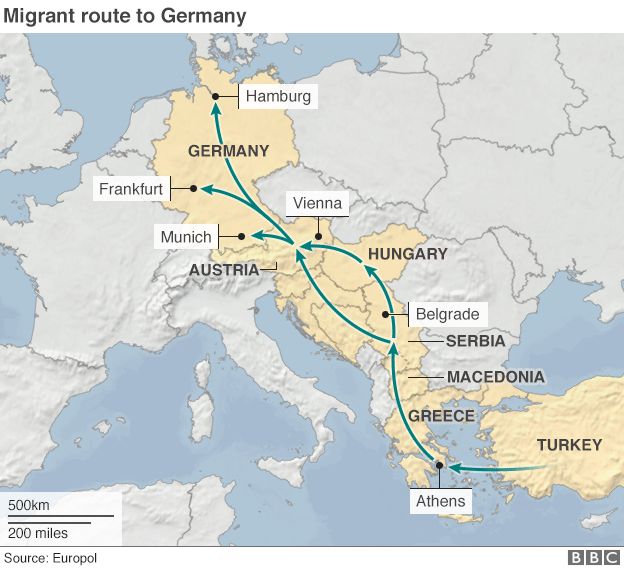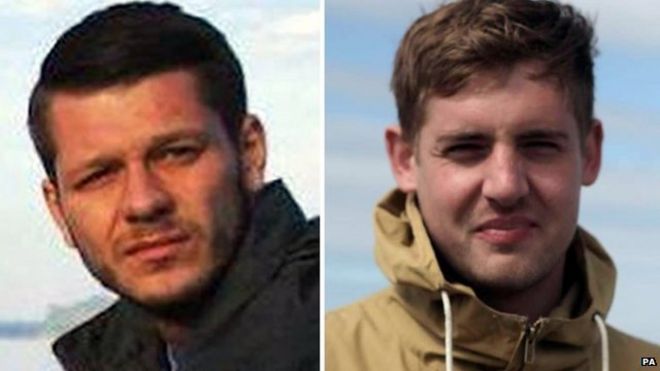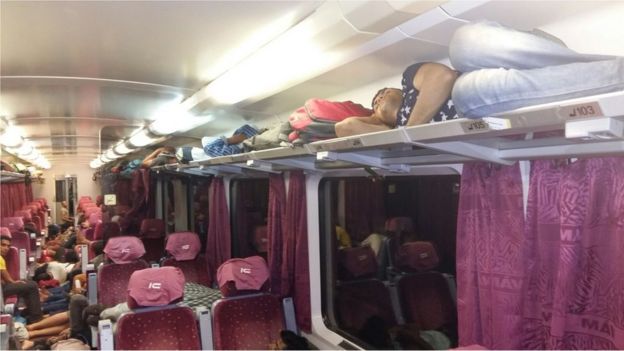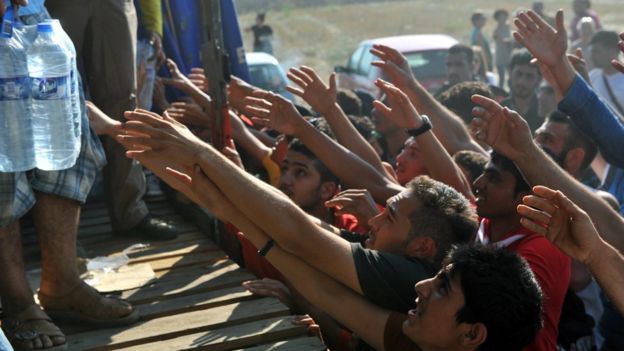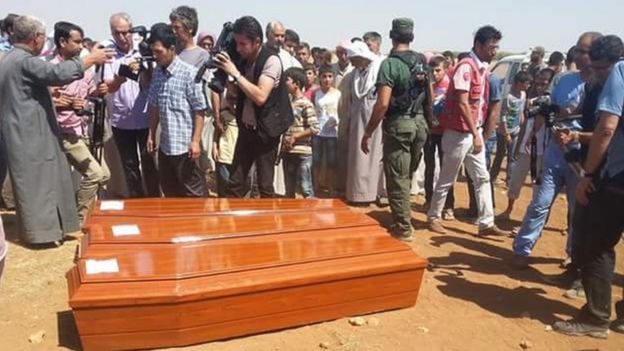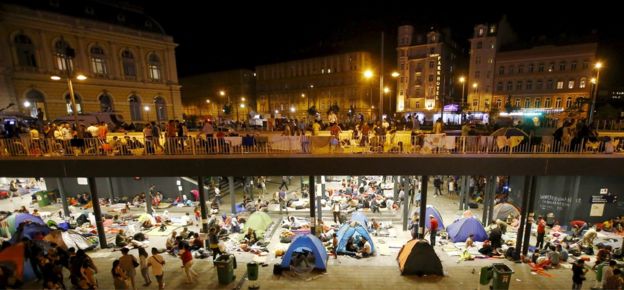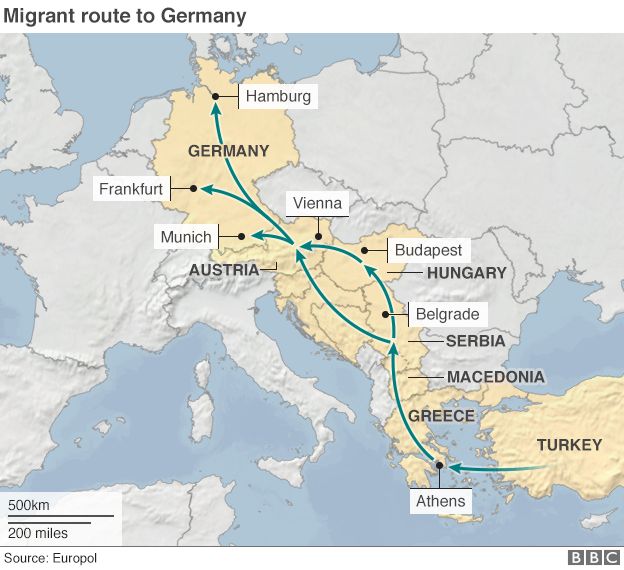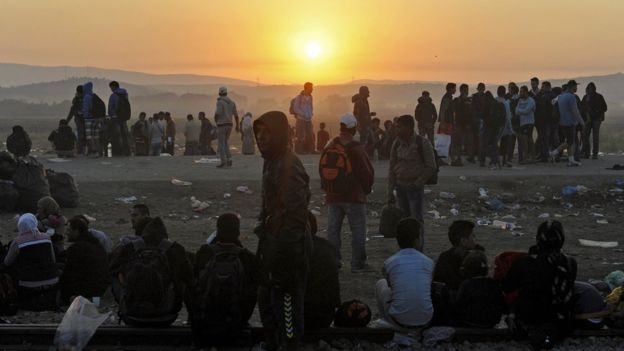Russia building major military base near Ukrainian border
Russia has started to build a huge military base housing ammunition depots and barracks for several thousand soldiers near the Ukrainian border, a project that suggests the Kremlin is digging in for a prolonged stand-off with Kiev.
The base, when completed, will even have its own swimming pool, skating rink and barber shop, according to public documents. This week workmen were erecting a fence in a cornfield outside the village of Soloti to mark out the perimeter, and told a Reuters reporter to leave, accusing him of being an Ukrainian spy.
In almost the same spot there was a flurry of military activity in April last year that coincided with intense fighting across the Ukrainian frontier that lies about 25 km (15 miles) away. A squadron of Mi-24 attack helicopters was seen there at the time, as well as army tents and trucks.
NATO has accused Russia of using makeshift bases for sending soldiers and hardware into Ukraine to support pro-Russian separatists fighting Kiev.
Russia denies its military is in Ukraine. The defense ministry did not reply to written questions from Reuters about the purpose of the base it is building and whether there was any connection to the Ukraine conflict.
According to tender documents published on the Russian government website zakupki.gov.ru, the ministry is building the military base on a 300-hectare site near Valuyki, a small town not far from Soloti.
The ministry intends to build nine barracks for 3,500 soldiers, warehouses for rockets, artillery weapons, and other munitions with a total area of over 6,000 square meters.
The documents also stated there would be a large training complex, and an infirmary for 50 beds, which can be expanded in case of "massive influx of wounded".
They did not give the exact location of the base, but local residents in Soloti said they believed it would be on their doorstep. "They are building a military town," said Alexander Panchenko, a local resident whose house overlooks farmland where preparatory work is underway for a big construction project.
"SECRET FACILITY"
A Reuters reporter saw workers at the site on Monday installing a metal fence and paving the road to the construction site, in a large cornfield near the village. Also there were several construction trailers, an excavator and heaps of rubble behind the fence.

